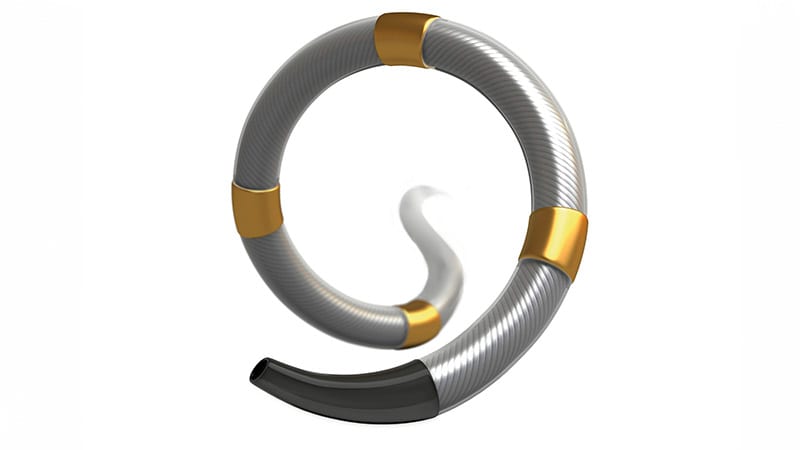FDA Approves Medtronic's Symplicity Renal Denervation System for Hypertension
The FDA has approved Medtronic's Symplicity Spyral renal denervation system for treating hypertension. The system uses radiofrequency energy to denervate renal arteries. The approval follows the FDA's Circulatory System Devices Panel's split decision on the system's efficacy and risk-benefit analysis. The SPYRAL HTN Global Clinical Program treated over 25,000 patients with and without medication, showing a significant reduction in ambulatory systolic blood pressure. The system was evaluated in the SPYRAL HTN-OFF and SPYRAL HTN-ON studies, demonstrating varying results in blood pressure reduction. Key opinion leaders emphasize the safety and effectiveness of the procedure, highlighting its potential to transform hypertension treatment. Patient preference and shared decision-making play crucial roles in considering the Symplicity blood pressure procedure.
Customize Summary
Rewrite with AI
Generate Citations
Translate Source
To Another Language
Generate MindMap
from source content
Visit Source
www.medscape.com
FDA OKs Symplicity Renal Denervation System for Hypertension
Key Insights Distilled From
by Megan Brooks at www.medscape.com 11-20-2023
https://www.medscape.com/viewarticle/998664
Deeper Inquiries
